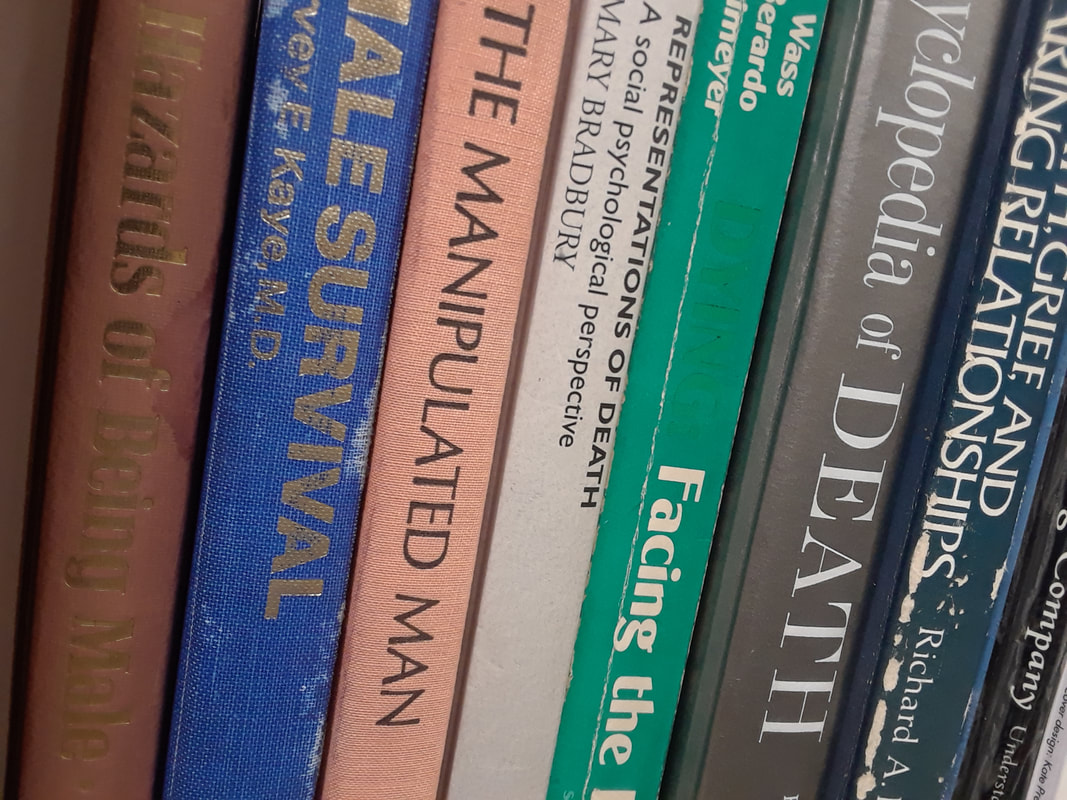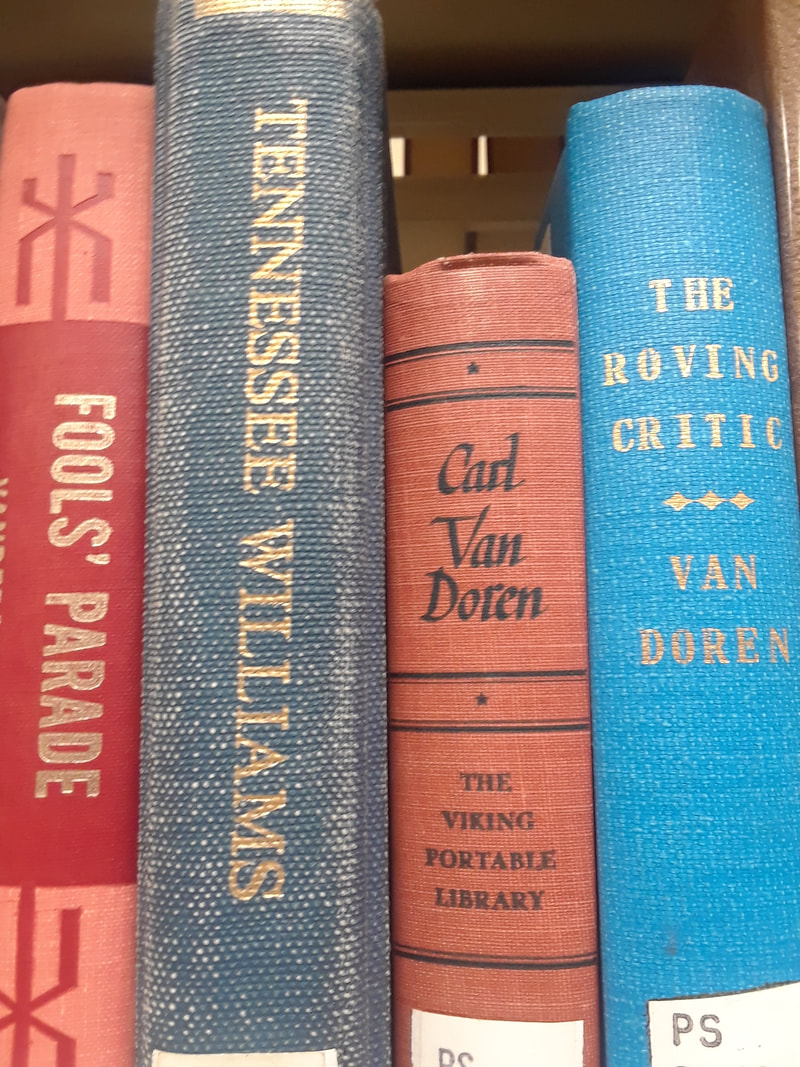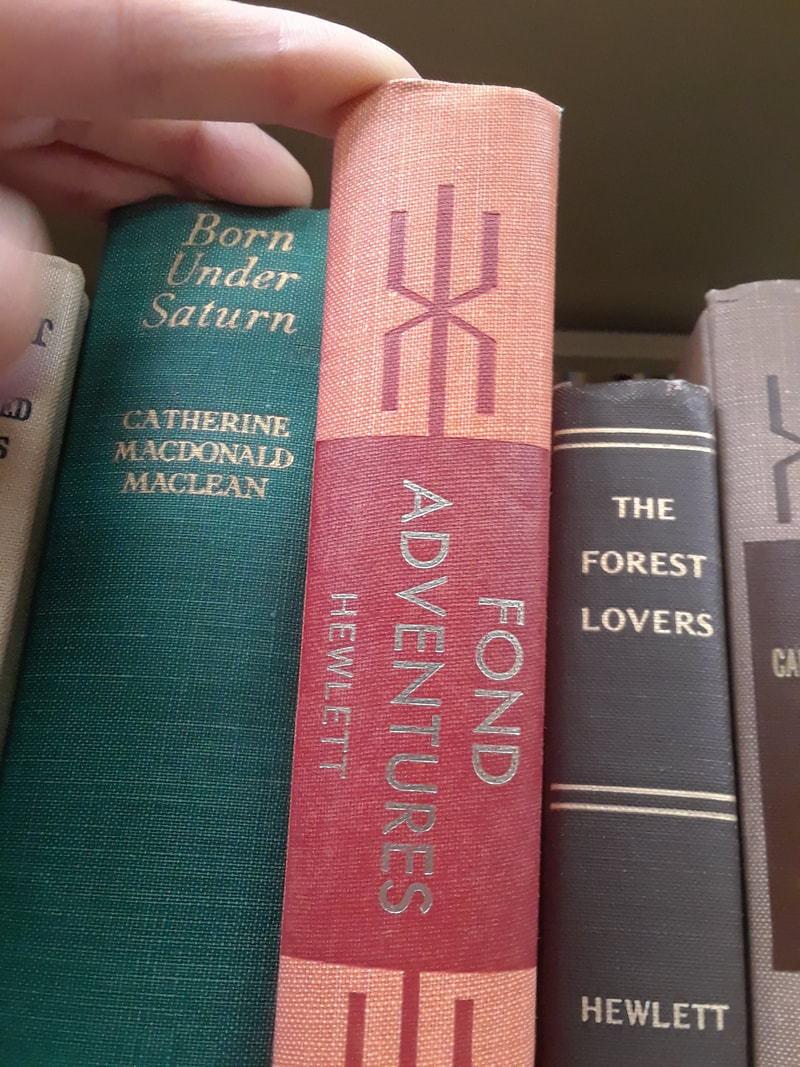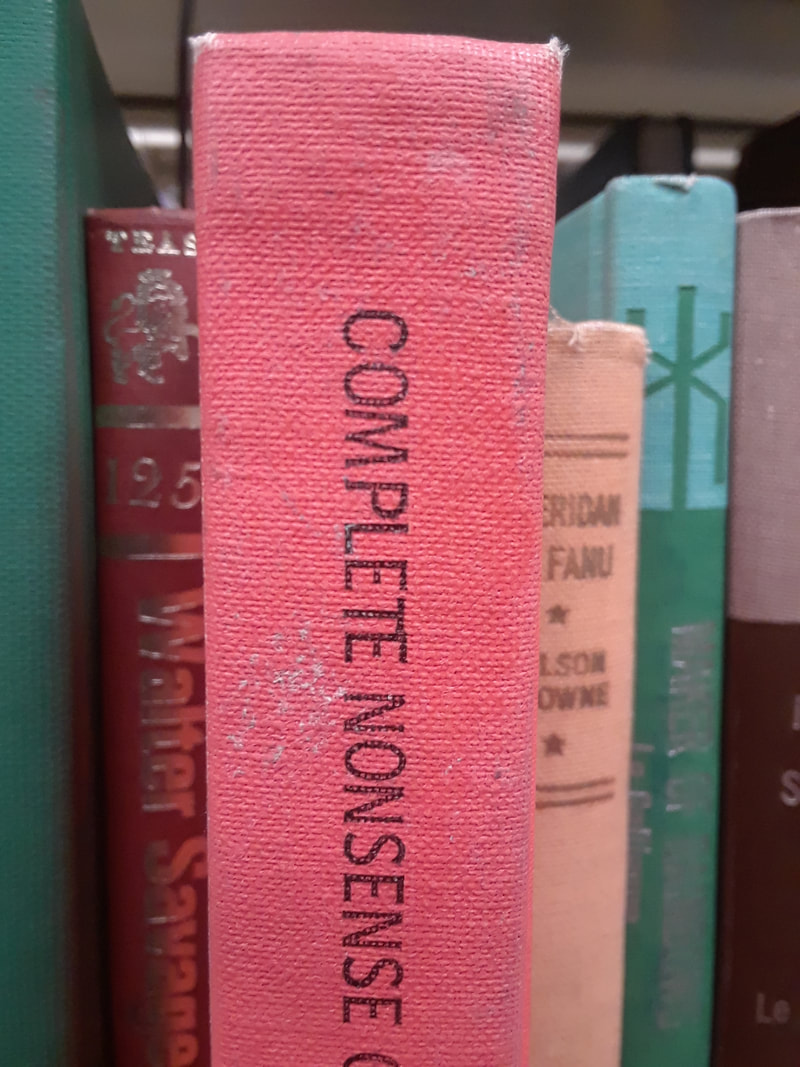Unconventional Reading Habits I
I am bad at reading. There, I said it. I am a graduate English student, an aspiring writer and editor, and I am bad at reading. Growing up, I loved to read, but I just wasn’t one of those people that could devour a book, cover-to-cover, in a single day.
 I guess you could say that I am easily distracted. Entering a university seven years ago only made this even more clear to me. Taking English classes, I found I could read 30 pages into a novel and absorb nothing. In my science classes, I could apportion out 2 hours of time to get through reading a chapter of a textbook and only get 10 pages in. I was only able to understand dense material by taking assiduously typed notes and then memorizing the notes themselves.
I guess you could say that I am easily distracted. Entering a university seven years ago only made this even more clear to me. Taking English classes, I found I could read 30 pages into a novel and absorb nothing. In my science classes, I could apportion out 2 hours of time to get through reading a chapter of a textbook and only get 10 pages in. I was only able to understand dense material by taking assiduously typed notes and then memorizing the notes themselves.
I don’t think that I am the only one with reading problems, or the only one that felt like a dumb kid for not being able to make it through A Tale of Two Cities in the ninth grade. But luckily for me, my love of writing always brought me back to books, no matter how much I felt like I was bad at it.
Regardless, now that I am older and wiser, I have come to realize that all of my reading issues stemmed from not being able to quiet the mind. I was never really a bad reader I was just bad at fixating on reading points, reading level, and vocabulary level, when these were the only means to measure aptitude. But before these outward measures of reading ability were over-emphasized to me, I had no problem enjoying reading in any setting.
It is no wonder that children are often the greatest lovers of books, because reading requires a childlike sense of humble devotion to the written word. I would liken reading to a meditation because you can only absorb material if you make yourself fully present for it. Kids can be great at this because they have nothing practical distracting them, such as emails they need to write or a dentists' appointment they need to make. And reading cannot be a means to an end, it must be a means and an end. In fact, reading is best done while one forgets that time even exists.
 If one is marred by the attitudes of adulthood, such as a fixation on utility and efficiency or a sense of time, one may find reading to be a chore. I want to write about my unconventional reading habits in a couple of blog posts (in a few Parts; you are currently reading Part 1). Not everyone will like or need my suggestions, in fact some of my suggestions may even verge on the sacrilegious for the most devout readers and lovers of literature. Still, my hope is that some will rediscover a childlike pleasure for reading. Also, these tips are especially helpful to writers because I am a writer and editor myself.
If one is marred by the attitudes of adulthood, such as a fixation on utility and efficiency or a sense of time, one may find reading to be a chore. I want to write about my unconventional reading habits in a couple of blog posts (in a few Parts; you are currently reading Part 1). Not everyone will like or need my suggestions, in fact some of my suggestions may even verge on the sacrilegious for the most devout readers and lovers of literature. Still, my hope is that some will rediscover a childlike pleasure for reading. Also, these tips are especially helpful to writers because I am a writer and editor myself.
Reading: It’s not just about getting from point A to point B.
Because I am a student and a lot of the readers of this blog are students or have been students, I will note that much of the reading one does as a young adult is against ones will e.g. because of reading assignments in one’s classes. Also, I know firsthand that so many of us are overloaded with responsibilities and it can be very difficult to get assigned readings done in a comfortable fashion. A lot of the reading in college, unfortunately, happens the night before an exam.
These are all reasons that if one is not careful, going to a university can make one forget their love for reading. In fact, one can forget what reading really is, and how much it’s not about getting from point A to point B.
I think that most people are intuitively aware that a book is more than the sum of its parts. For example, when a student is very strapped for time, there is a temptation to read a summary of a book rather than read the book. A summary is a very helpful relation of the general plot of a book. At the same time, it is clear that the book itself is not equitable to its summary. The way the words are put together conduces to an entirely unique beast that can only be experienced and cannot be completely captured by a description. In quiet irony, there is a wordlessness to every book, just like the wordlessness one may seek to experience through meditation.
I think that we all know this, but I think it’s helpful to remind oneself just how much a collection of ordered words has to offer. Not even an author understands what they have given the world by writing.
 I like to think that some time in the far future, there will be a better understanding of what it is that artists really do and how writing is important, instead of just chalking it up to art for arts sake. Not that there’s no credence to art for arts sake, but I believe that what writers do is much more tangibly useful than anything that can presently be articulated. Art is and always will be above its time, because it is a process that is so close to the human soul that we couldn’t leap to connect it to the tangible world quite yet, not while the world is still so broken.
I like to think that some time in the far future, there will be a better understanding of what it is that artists really do and how writing is important, instead of just chalking it up to art for arts sake. Not that there’s no credence to art for arts sake, but I believe that what writers do is much more tangibly useful than anything that can presently be articulated. Art is and always will be above its time, because it is a process that is so close to the human soul that we couldn’t leap to connect it to the tangible world quite yet, not while the world is still so broken.
Pacing: read fast, read slow, it doesn’t matter, but know that pace is what sets the quality of your understanding of that book.
I have always been one of the slowest readers. This was true even during grade school when it seemed to be a mark of intelligence to speed through books, build up reading points and win a box of crayons or stickers. I always thought that being a slow reader meant that I was a bad reader.
 At this point in my life, as a graduate student, I am still a slow reader; it takes me twice as long as my classmates to read a complex essay, for example. But I no longer think that this means I am a “bad reader”, if those words even mean anything. Instead, I realize that I am just the kind of person that has to know what they are reading. I cannot force myself to read an entire chapter or an essay if I do not have the foundation to settle this reading in my mind intellectually. I need to be able to first grasp where the author is coming from and what their background is. Otherwise, where am I to place this knowledge? Do I even have a place for it yet?
At this point in my life, as a graduate student, I am still a slow reader; it takes me twice as long as my classmates to read a complex essay, for example. But I no longer think that this means I am a “bad reader”, if those words even mean anything. Instead, I realize that I am just the kind of person that has to know what they are reading. I cannot force myself to read an entire chapter or an essay if I do not have the foundation to settle this reading in my mind intellectually. I need to be able to first grasp where the author is coming from and what their background is. Otherwise, where am I to place this knowledge? Do I even have a place for it yet?
Instead of reading clear through a chapter or an essay, I usually take breaks at every point that I have questions i.e. What does this vocabulary term mean precisely and which field does it come from? What other essays have been written by this scholar? How do these theories compare with other theories on a timeline of development? Because of my willingness to let a reading take time, I find that I am able to understand texts very deeply and I don’t have to read a book but once before I can write an essay on it.
As a reader, I prefer to devour texts. But it is also perfectly valid to read a text more quickly and less deeply. For instance, if you are reading a technical book, such as a book on circuit analysis, it can be assumed that you cannot completely consume the subject matter anyway's. So it is helpful to skim through the book, taking in the main points. The expectation is that you can learn more later when you are working with the actual technical knowledge, for example by working on a technical diagram.
 But whatever your preferred pace, feel good about it and don’t let anyone tell you your slowness or quickness is fundamentally wrong. In fact, if reading is a meditative process, there must be no wrong way to do it. The only "wrong way" is the assumption that there is a "right way".
But whatever your preferred pace, feel good about it and don’t let anyone tell you your slowness or quickness is fundamentally wrong. In fact, if reading is a meditative process, there must be no wrong way to do it. The only "wrong way" is the assumption that there is a "right way".
In Part 2, I will talk more about "meaning" in literature and how literature does the impossible: it creates something from nothing for every reader willing to experience "meaning".
—Written by Zoe Ramos
Photos in this post are by Zoe Ramos, taken at Mary and Jeff Bell Library, TAMU-CC.
Back to Blog Posts.